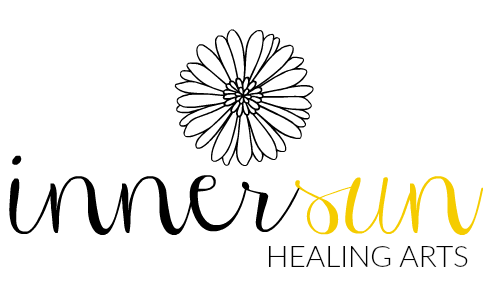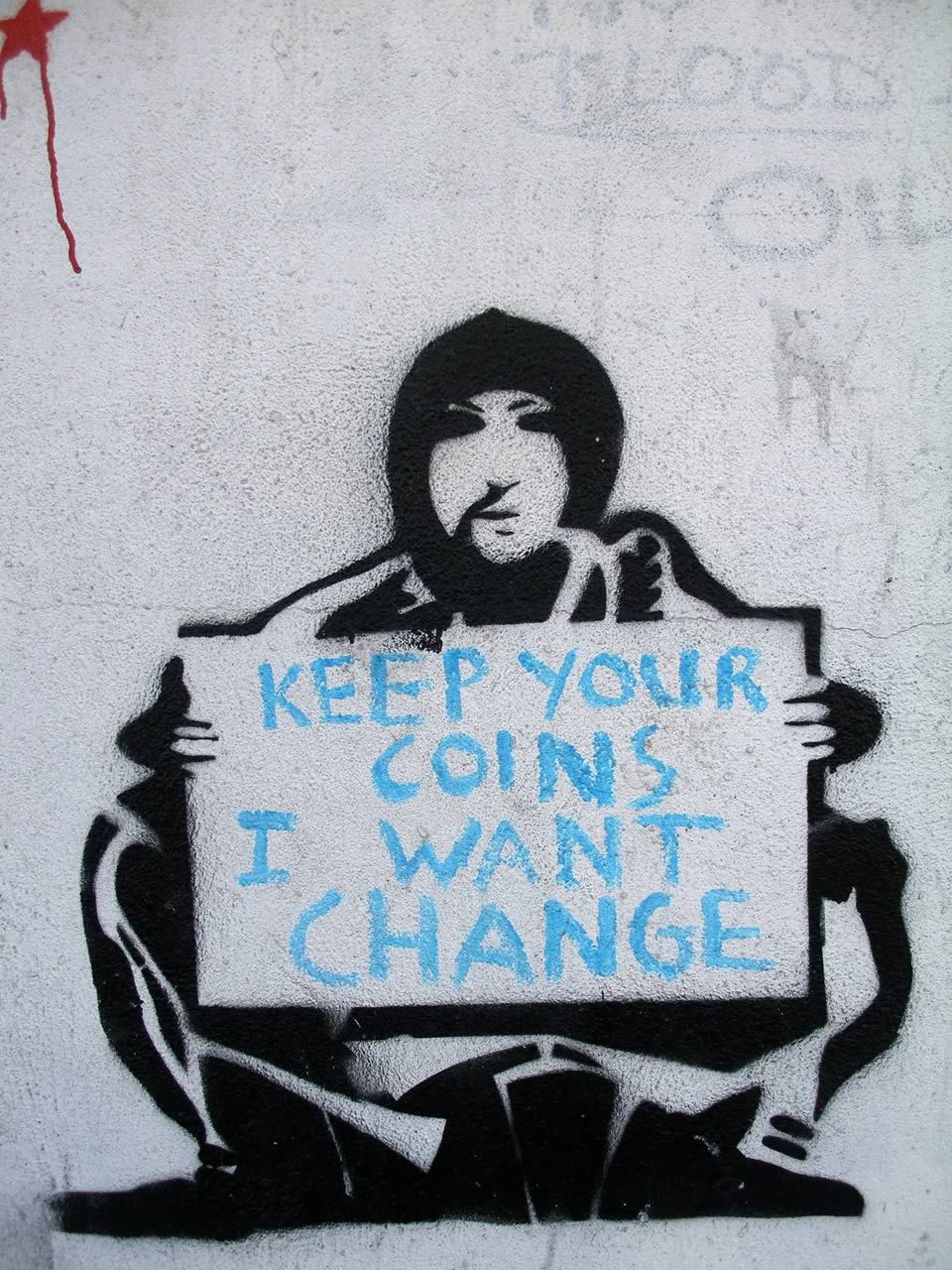As humans we are hardwired to be social beings. We cannot survive without contact and connection to other members of our species. Without real human contact we simply cannot develop, and evolve in the way nature intended.
Research conducted by Matthew Lieberman at UCLA in his first book, "Social: Why Our Brains Are Wired to Connect”, shows that being social and connecting with others is as fundamental a human need as food, shelter, and water. For example, Lieberman discovered that we feel social pain, such as the loss of a relationship, in the same part of the brain that we feel physical pain. The importance of social connection is so strong, he writes, that when we are rejected or experience other social "pain," our brains "hurt" in the same way they do when we feel physical pain. That is why we are profoundly shaped by our social environment and that we suffer greatly when our social bonds are threatened or severed.
One landmark study, “Social Relationships and Health”, by House, Landis, & Umberson, published in Science, showed that lack of social connection is a greater detriment to health than obesity, smoking and high blood pressure. Research by Steve Cole, Professor of Medicine and Psychiatry and Biobehavioral Sciences in the UCLA School of Medicine, shows that genes impacted by loneliness also code for immune function and inflammation.
We live in a world in which more people are connected than ever before through social media. Yet despite that connection, there is still a fundamental disconnect between people - the most basic type of communication, human face-to- face interaction, is becoming less and less frequent. In a study conducted by the Pew Research Center, 54 percent of those surveyed said they text their friends at least once a day, while only 33% said they talk face-to-face with their friends on a consistent basis.
We are sacrificing the experiences and understanding of real world interactions that are necessary in our development for a mere connection that at best is superficial. Social media forces upon us a feeling of intimacy and closeness that doesn’t actually exist. Online relationships provide opportunities for less risky interactions that also require less giving of oneself. An online interaction does not require that we compromise our needs or delay gratification because friends are always available on Facebook, and when we’re finished with them, we simply click off. Choosing this one-dimensional interpersonal relationship potentially reduces online friends into self-objects that only feed the user. Concern for the other is not required.
In Alone Together-Why We Expect More from Technology and Less from Each Other, Psychologist Sherry Turkle shows us how social media has brought forth a drastic change in how we treat relationships, and for the worst. And in a study of roughly 300 people by the Salford Business School they found that these social networks are exacerbating negative emotions. The surveyors found that if you are predisposed to anxiety it seems that the pressures from technology, create even more insecurity and more feelings of being overwhelmed.
This corroborates the idea that social media cannot be used to replace the interactions that take place in the real world. It may seem that these digital interactions are satisfactory on the surface, but deep within us, within our neurology, we cannot escape the truth that these digital connections are not enough.
Emma Seppala is Science Director of the Center for Compassion and Altruism Research and Education at Stanford University and Co-Director of the Yale College Emotional Intelligence Project at Yale University. And states that, “A sense of connection is internal.” Researchers agree that the benefits of connection are actually linked to our subjective sense of connection. In other words, if you feel connected to others on the inside, you reap the benefits thereof. One way that we can re-learn this ability to formulate deeper connections is with the help of horses.
Horses Know How to Establish Deep Bonding and Reciprocal Relationships
Horses have a rich history in their relationship with humans. Across different cultures and eras they have been utilized for work, show, cultural rituals, companionship, and continue to serve in many of these roles today. With the popularity of Equine-Assisted Therapy/Coaching programs within the past few years, there’s been a genuine interest in equine behavior in relationship to humans.
Like humans, horses are highly social animals, with defined roles within their herds. They have distinct personalities, attitudes, and moods. They form friendships and are protective of each other. They are tuned into the environment and other horse emotions, due to the fact that they are prey animals and are always watchful.
Social interactions between horses are how horses develop their bonds. They are able to create respectful social behavior, relationships, and harmonious communications with one another. This is accomplished through food sharing, bathing together, playing activities, mutual grooming and learning how to fit in with the social structure of the herd at large. It is similar to the way people learn how to connect and communicate with one another.
Horses communicate almost entirely through body language. Humans are primarily verbal. If a human has an interest in a true bond with the horse, then silence becomes one’s best approach. Low nickering, cooing and quietude are the staples of a horse's life. Thus, we can connect at their level by creating similar sounds and movements and being present with them as they are. These are empathic responses for deeper bonding.
In bonded horse and human relationships there is appreciation, the capacity to forgive, camaraderie and the desire to behave cooperatively, and an open corridor of honest communication that transcends the limits of speech and sign language. To be part of this kind of relationship with a horse requires effort and a good deal of learned and developed skills on the part of the human. The horse and human are partners, each recognizing the other's skills and abilities. They are also painfully honest and hold people responsible for their behaviors.
Hence, horses provide vast opportunities for metaphorical learning for humans, since they are able to acutely pick up on thought-forms and emotions and then mirror them back through their body language, behavior, and mood. This ability of horses to be blatantly perceptive and honest, makes them especially powerful guides.
For humans who struggle with social interactions, working with a horse gives them much-needed practice. For many, it can be easier to create a healthy, successful relationship with a horse, than it can be with most people. Through interaction with horses, we can learn to know ourselves better. Calm, peaceful and confident or agitated, distracted and fearful will be their response depending on which we bring to them. This is all done in the moment, on the spot, when it’s happening. We begin to learn their language, and how to have authentic relationship. We can discover that some of the basic needs and concerns of horses are the same as ours. This gives us a different perspective for dealing with these issues in our own lives. And begin to develop or improve, self-confidence, trust and self-respect.
With their giving, kind and unconditional nature, we can reawaken and remember our connection with all life. We are able to re-establish our giving, compassionate nature, and receive the greater benefits that this wisdom brings.
-Tanya Vallianos


















